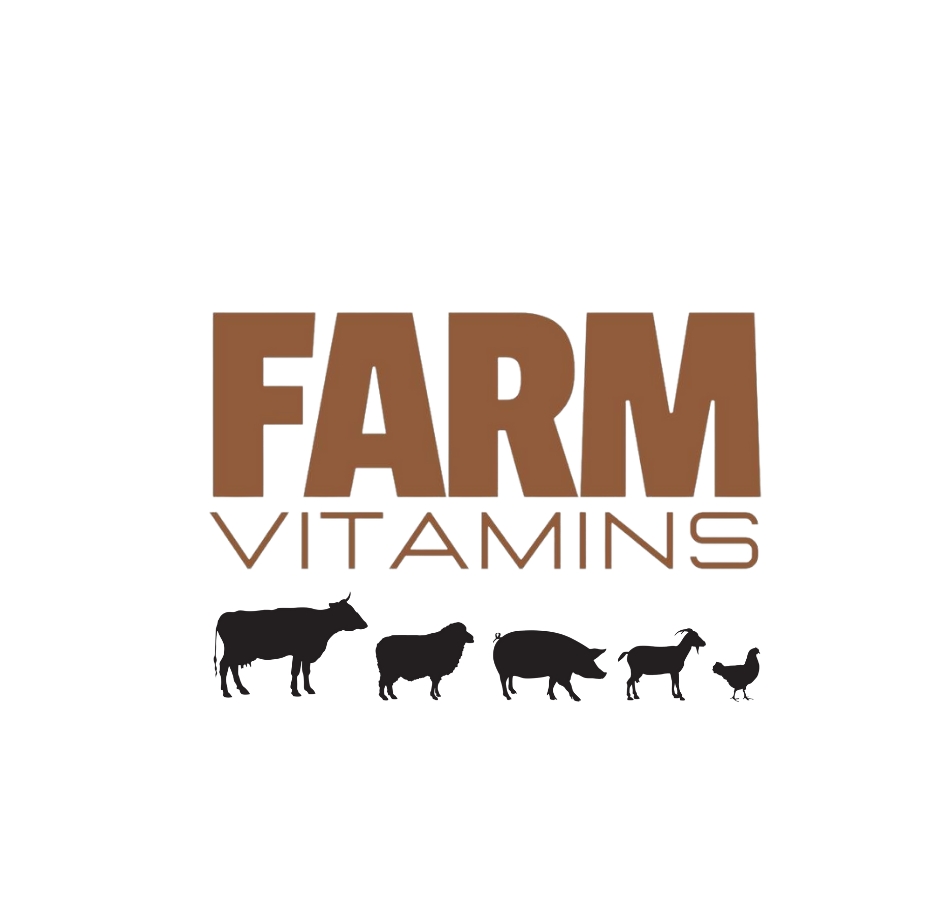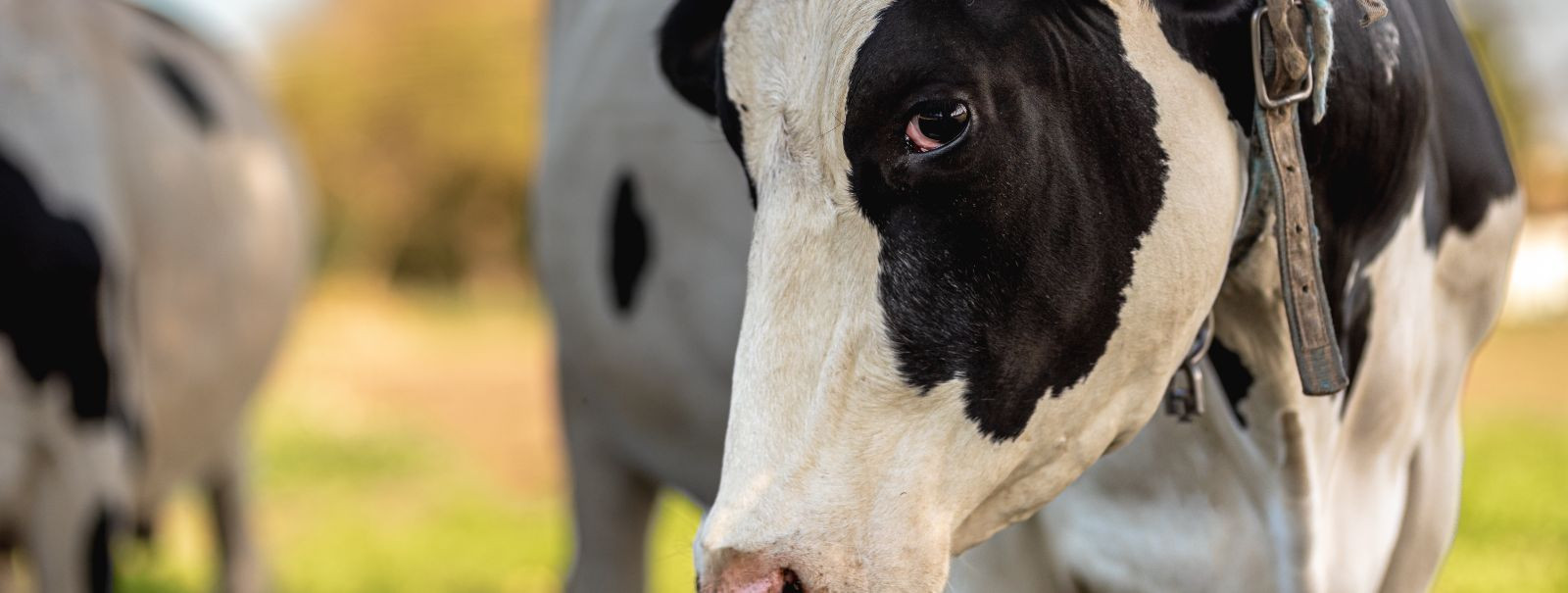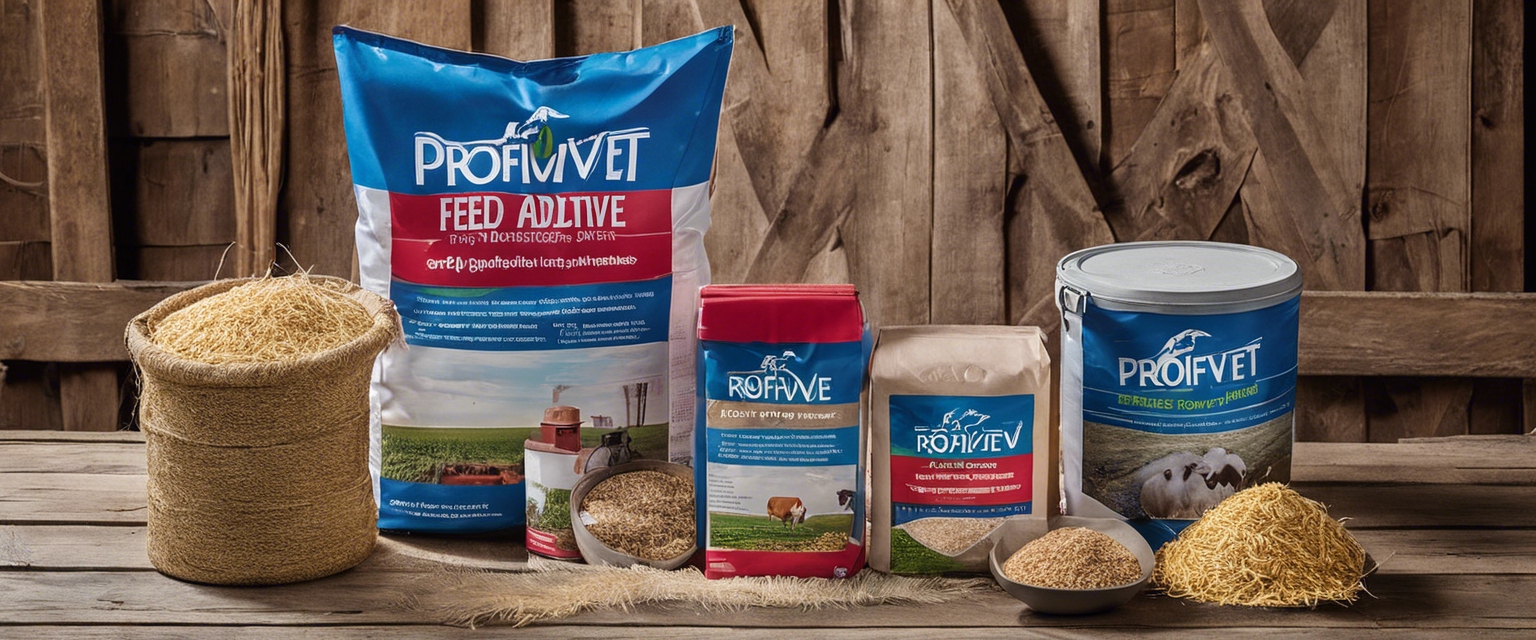Maximizing milk yield: nutrition for dairy cows
For dairy farmers, the goal is clear: maximize milk yield without compromising the health of the herd. Nutrition plays a pivotal role in achieving this balance. A well-fed cow is a productive cow, and understanding the nutritional needs of dairy cows is essential for any successful dairy operation.
Dairy cows require a balanced diet that supports milk production while maintaining their health. This diet includes a mix of forages, grains, proteins, vitamins, and minerals, tailored to meet the specific needs of the cow at different stages of her lactation cycle.
Key Nutrients for Dairy Cows
Energy is a critical component of a dairy cow's diet, primarily sourced from carbohydrates in forages and grains. Adequate energy intake is necessary to meet the high demands of milk production.
Proteins are essential for the synthesis of milk proteins and the growth and repair of body tissues. High-quality protein sources are vital for peak milk production.
Fiber is crucial for maintaining rumen health and function. It aids in digestion and helps prevent metabolic disorders.
Vitamins and minerals support various bodily functions, including immune response, reproduction, and milk production. A deficiency or imbalance can lead to health issues and decreased milk yield.
Feeding Strategies for High Milk Yield
Consistent, high-quality feed is the cornerstone of high milk production. Fluctuations in feed quality can lead to reduced milk yield and health problems.
Concentrates can provide a dense source of nutrients to support high levels of milk production, especially when forage quality is not optimal.
Forage is the foundation of a dairy cow's diet, providing the necessary fibers for rumen function and a source of energy and protein.
Advanced Nutritional Concepts
Rumen health is paramount for nutrient absorption and overall cow well-being. A healthy rumen environment ensures efficient feed conversion into milk.
Feed additives such as enzymes, probiotics, and buffers can enhance feed efficiency, improve rumen function, and increase milk yield.
Nutritional requirements change throughout the lactation cycle. Adapting the diet to these changes can optimize milk production and maintain cow health.






Comments (0)